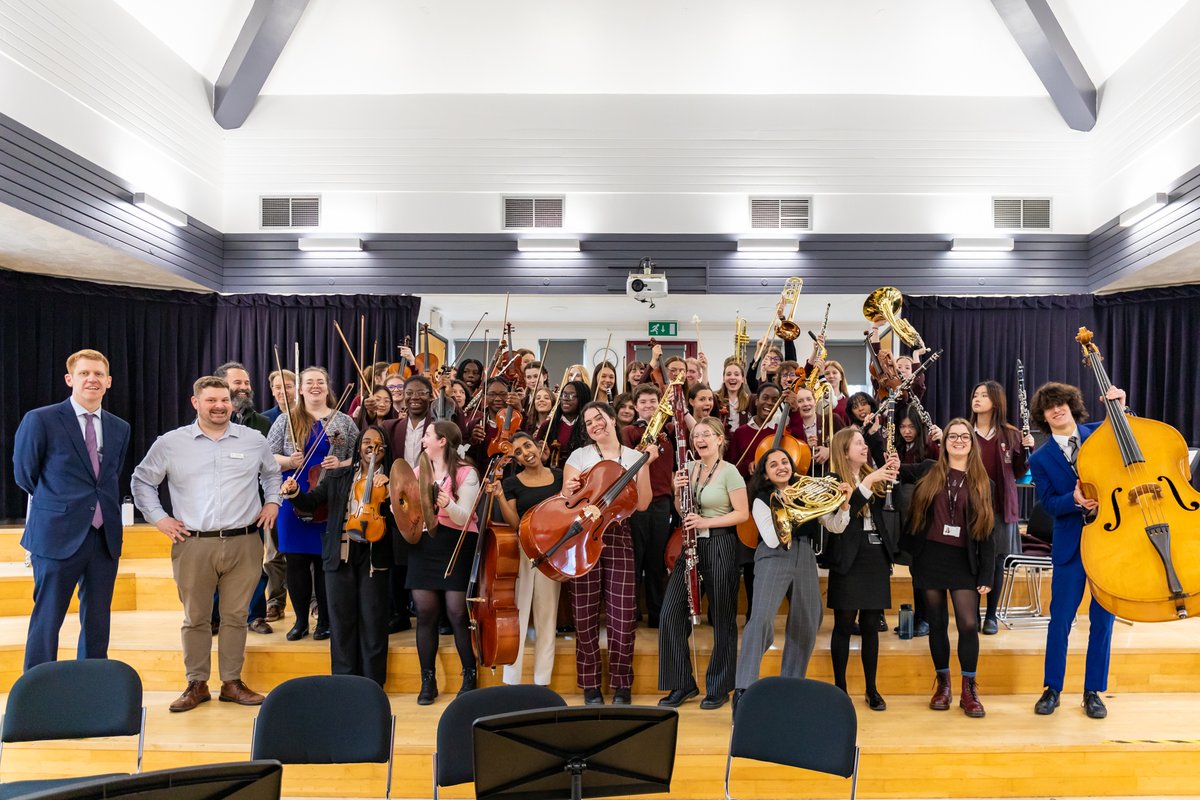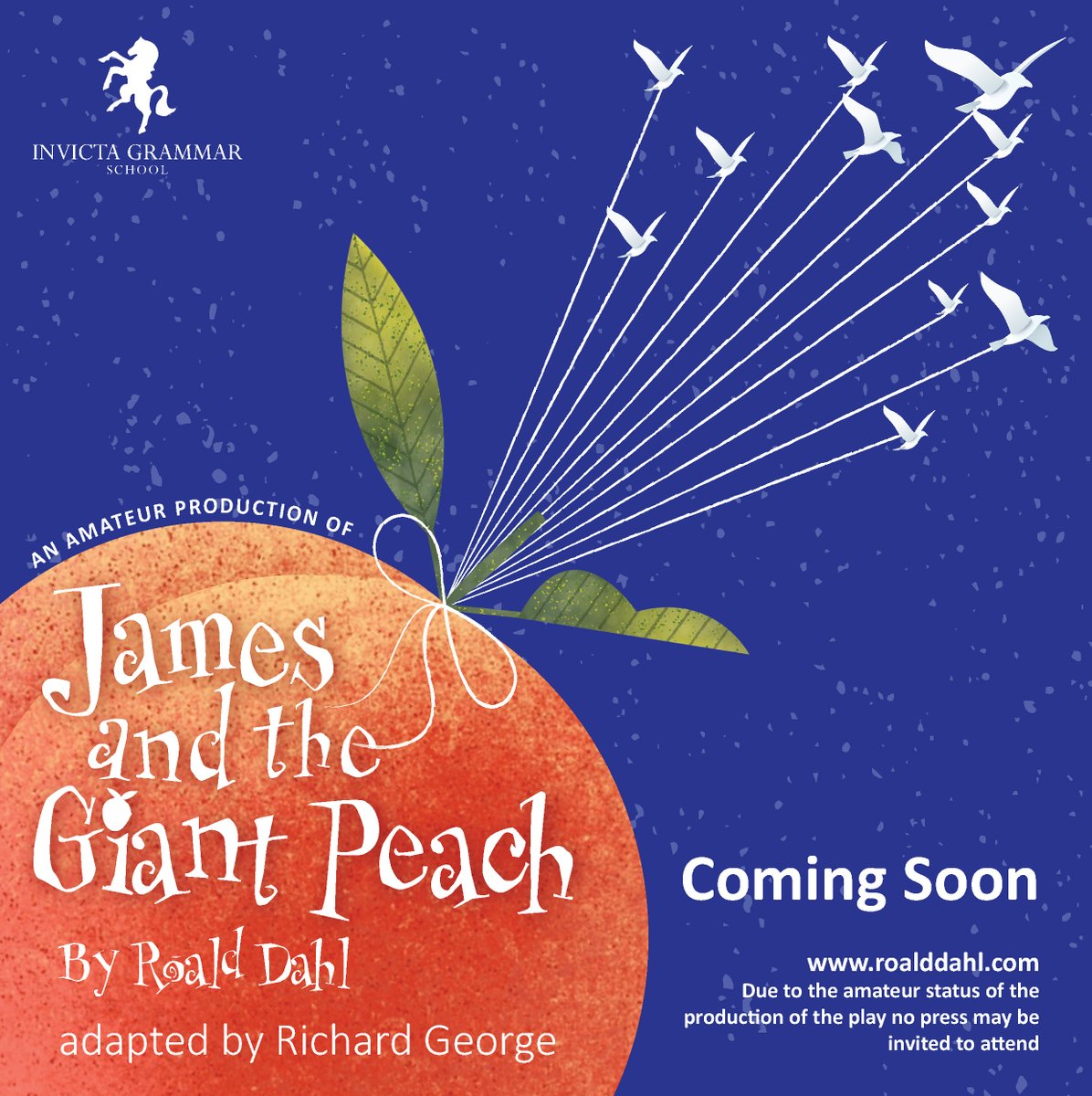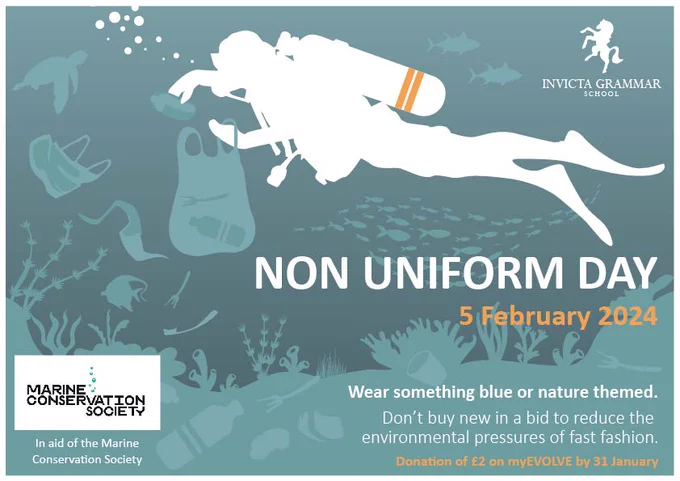Invicta Vlogs
Not repeating history’s mistakes
One of my favourite podcasts to listen to at the moment is BBC4’s You’re Dead to Me. In 53 minutes, it gives me the perfect blend of geekery and comedy exploring different topics from history, ranging from Boudica, to the Haitian Revolution to the history of ice-cream! I take great pride in being a life-long learner, and each new thing I read or listen to, or person I speak to, helps me re-shape my view of the world we live in and my place within it.
I am incredibly passionate about exploring representation and its construction within society, and history is always central to this. For the last three years I have run a POP Elective group for Sixth Form students on the representation of masculinity. We listen to professors explain how any innate biological nations of masculinity originating from cavemen are debunked, and explore how history (e.g. post-war trauma affecting attitudes towards speaking about problems), politics (e.g. British, American and Russian leaders trying (and succeeding) in gaining votes by exaggerating their masculine qualities and emasculating their competition) and the media (e.g. who creates it, what messages and values it shares and what differing views may be censored/restricted) have a key role in sometimes outdated and harmful societal views of masculinity continuing to exist.
What I have especially loved from running this POP group, is seeing how the discussions and debates we had have gone on to influence the students who took part. My group from last term felt so passionately about what we learnt that they asked for some part of it to be built into POP Foundations for all students to access, and I now have a group who have asked to create their own Academic Hub to further explore this area. I am also now the EPQ supervisor of one student who is also passionate about issues surrounding representation, and she is investigating the treatment of medical professionals from the minority ethnic groups within the NHS system. This goes far beyond my own knowledge with a degree in English Literature, but I loved that when she discussed historical case studies, she sited Mary Seacole, whom I just happened to have heard of for the first time and learnt about from my You’re Dead to Me podcast.
Mary Seacole was a Jamaican female-doctor who moved to England and, despite numerous incidents of discrimination (women were unable to be medically trained in England, and she was later denied her request to volunteer to support the war effort due to being a woman of colour), she determinedly travelled to the Crimean war where she set up a business and tended to the wounded British soldiers on her own merit. Seacole was a woman who refused to let history limit her ambitions, and after her name, and story disappeared from history for over a hundred years after her death, academics have unearthed her incredible contributions. My EPQ student, inspired by the stories of those like Seacole, but also hearing experiences of prejudice and misrepresentation of medical professionals from the minority ethnic groups in the NHS, is eager to unearth the problems at play and seek tangible actions that will improve and rectify this problem.
I feel proud every day to work at Invicta; to not only share the love of my subject, but more importantly, to encourage and nurture our students to be the people they want to be in the future. Our students feel passionately about the world we live in and want to help make it a better place, whether it is fighting for sustainable living, equality or protecting those who are being denied their basic human rights. To enable them to do this, they need to learn as much as possible – to read what has happened before, to listen to different views and ideas and to be the leaders of action to ensure that we, as a society, do not repeat history’s mistakes.
Mrs Harrington
Deputy Head – Upper School




























